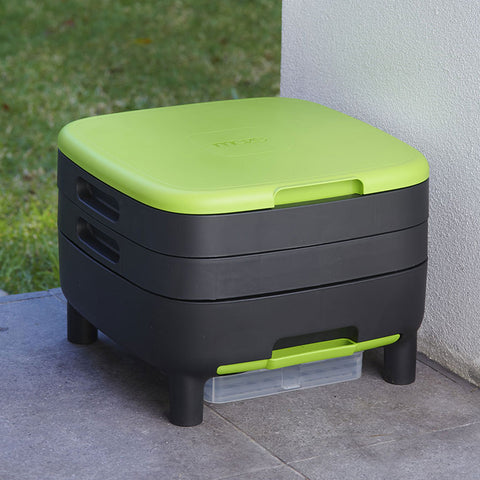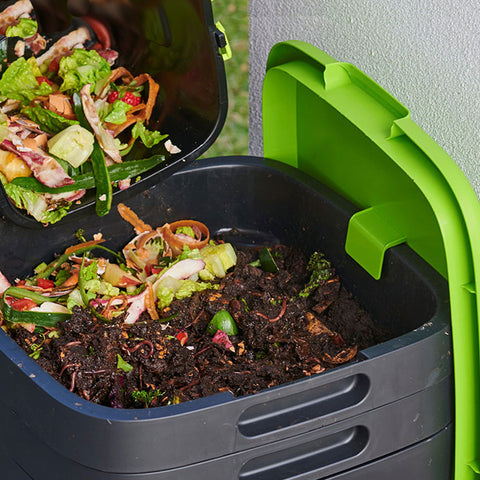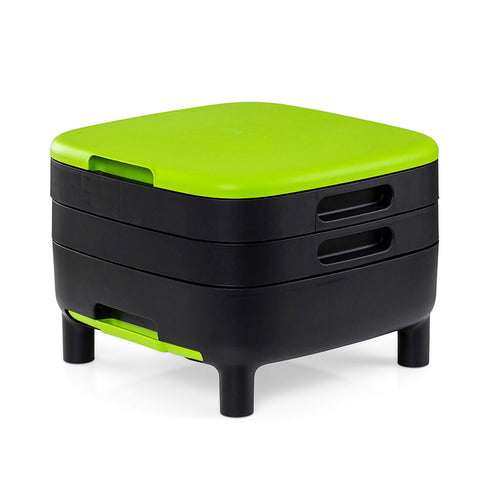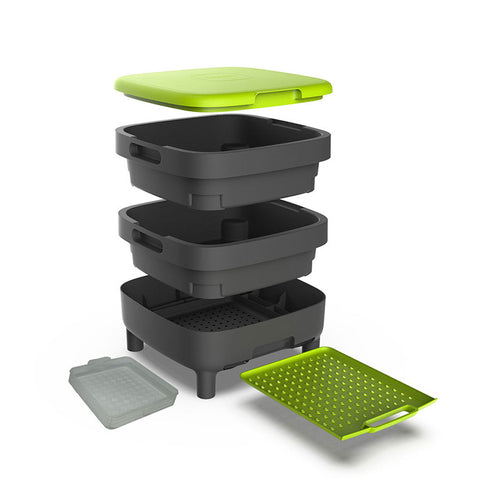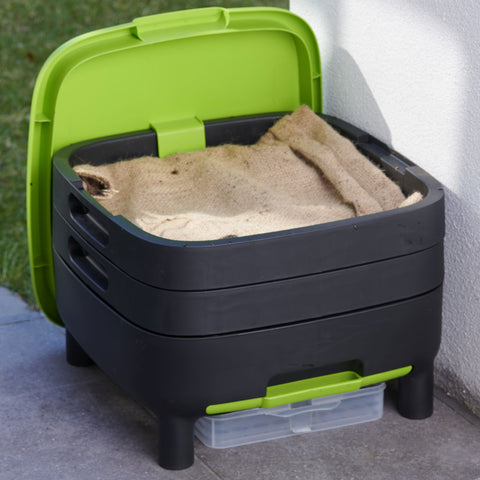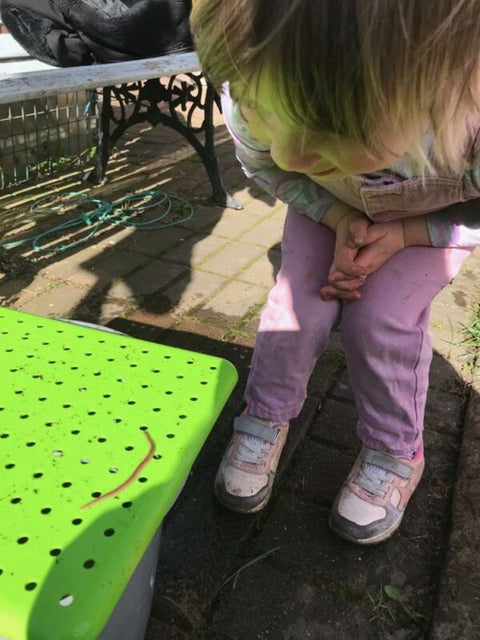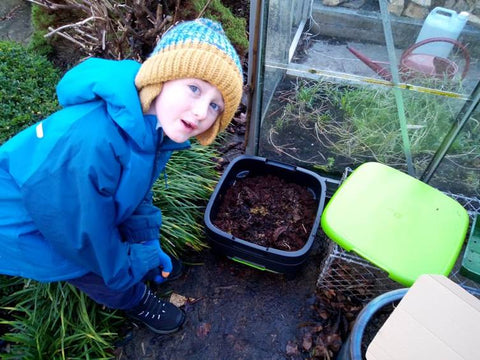Frequently asked questions
Do you offer free shipping?
What foods do worms prefer?
There are a lot of flies in my wormery - what can I do?
How much waste can I add to my wormery?
There are ants in my wormery - what can I do?

